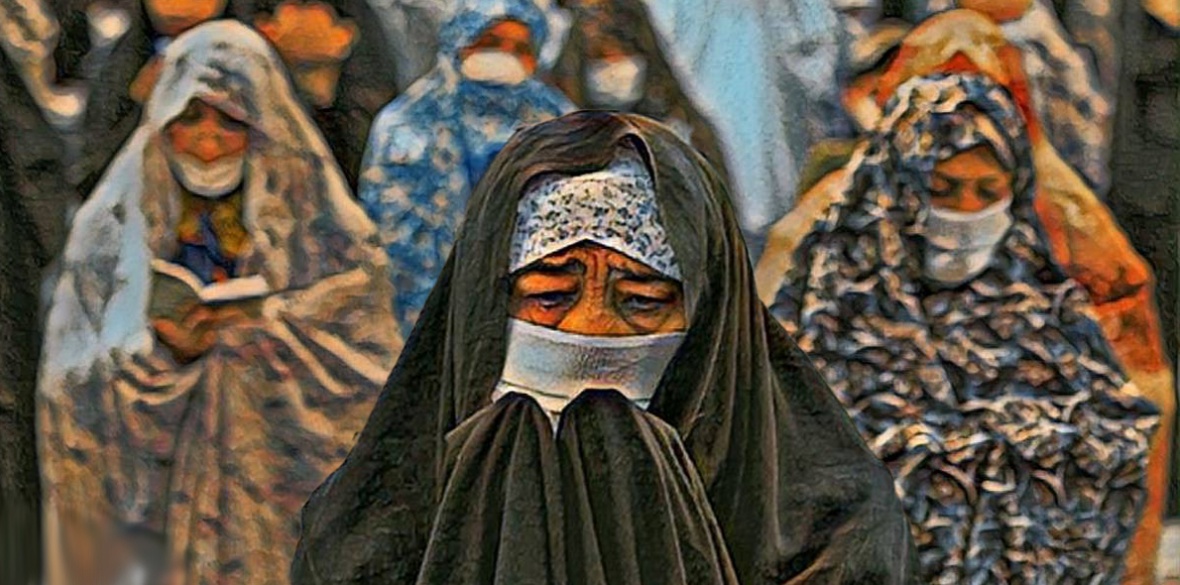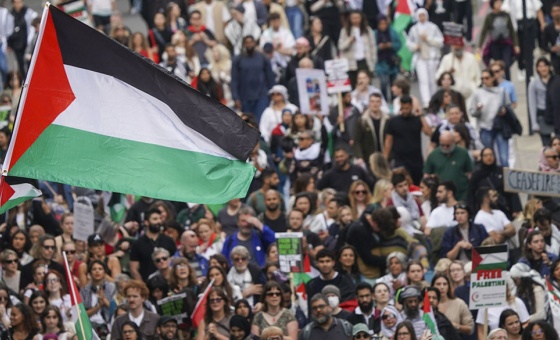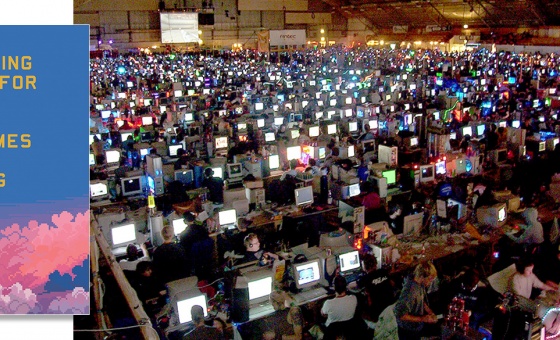This is the last article you can read this month
You can read more article this month
You can read more articles this month
Sorry your limit is up for this month
Reset on:
Please help support the Morning Star by subscribing here
ON SATURDAY February 5 reports emerged of a grisly video being widely circulated online in Iran showing a man carrying the severed head of his 17-year-old wife, Mona Haidari, in one hand and the bloody dagger he had used to behead her in the other, having supposedly restored his “honour” and that of his family.
Haidari had been married to the killer, her paternal cousin, at the age of just 12. She was the mother of a three-year-old boy. Her treatment at the hands of her husband was abusive and violent throughout the marriage. Haidari is alleged to have become involved in an illicit online relationship with a Syrian national residing in neighbouring Turkey and was persuaded to attempt to escape her marriage and join him there. Haidari fled to Tehran to be smuggled by people traffickers across the border into Turkey.
Haidari then resided for a time with the Syrian man in Turkey before being tracked down by her father. Having been assured by her father that she would be safe and face no repercussions once back home, Haidari returned with him to Iran. Just a few days later she was dragged by her husband out of the vehicle in which she was travelling with her family. This was the last time she was seen before the emergence of the horrific video clip over a week ago. Her husband and his brother were arrested and detained by the police around four hours after the video was taken.
This is the latest prominent case of a so-called honour killing in Iran. It has caused shock across the country, renewing the debate about violence against women and the lack of any meaningful legal safeguards to protect them.
While the Middle East and North Africa region is widely seen as the epicentre for honour killings, this had not been a major phenomenon in Iran until more recently. This is despite the ongoing problems of misogyny and domestic violence that are endemic in the Islamic Republic. The specific issue of honour killings in Iran has tended to be confined to areas which are more socially conservative and where tribal rites hold greater sway, unrestrained by the remit of state authorities.
However, with the advent of the Islamic Republic and in the 40 years since its consolidation, incidences of this type of violence have become more prevalent. It is undoubtedly the case that regressive patriarchal laws, underpinned by Sharia and their application by state authorities, have resulted in an increase in such incidents.
Also, within Iran, the provinces with the highest rates of honour killings also have the highest rates of unemployment and poverty. These factors, along with the deliberate weakening of civil society and secular institutions and structures, a hallmark of the Islamic Republic’s rule, combine to create a vicious cycle of conservative and often reactionary trends.
Furthermore, a brief correspondence paper comprising an informative and concise overview of the spectre of honour killings during the Covid-19 pandemic in Iran, produced by academics at the Department of Psychology at Iran’s University of Science and Culture, was published by the Lancet Psychiatry journal in October 2020. This paper confirmed and neatly underlined the increasingly acute nature of this phenomenon in Iran, its main causes and the need for a robust response from the powers that be in the country.
Despite the continued outcry across most of Iranian society, especially from the women’s movement in Iran, the age at which a girl can be married under the laws of the Islamic Republic is shamefully set at just 13, though the girl’s father can give his consent to this taking place even earlier.
According to a report by the ISNA News Agency, over 9,000 girls aged between 10 and 14 were married in spring 2021, an increase of 32 per cent on the previous year. In the same period 45,522 young women aged 15 to 19 were also married. The girls in the 10 to 14 age group gave birth to 969 children and those in the older group to 44,896 children.
However, the number of child marriages in Iran is at least five times greater than the official figures. Mohammad Reza Mahboubfar, a researcher specialising in social prejudice, has commented on the national statistical centre’s figures, stating, “Statistics linked to child marriage reveal only the tip of the iceberg. The true number is five or six times higher than the official figure.”
Mahboubfar adds that a large number of forced marriages, which are not registered because of the reticence of families to reveal themselves, concern girls under 14. Mahboubfar stressed that to combat child marriage it should be penalised by law.
Legislation introduced just over a year ago by the previous presidential administration of Hassan Rouhani — the Protection, Dignity and Security of Women Against Violence Bill — remains held up in the Majlis (Iranian parliament), though the killing of Haidari has prompted suggestions it may be passed into law imminently.
However, while the Bill purports to criminalise violence against women, including action or behaviour that causes “physical or mental harm” to women, several legal authorities have pointed out that it is drafted ambiguously and falls short of even basic international standards.
The murder of Haidari was just the latest example, in a long line stretching back over four decades, of the regime’s callous disregard for one of its most basic duties; the protection of a citizen’s right to life whether man or woman, boy or girl.
The Committee for the Defence of Iranian People’s Rights (Codir) is campaigning to demand that the Islamic Republic of Iran immediately moves to bring about comprehensive and positive legal reforms befitting of a modern nation state. This would include that the age of consent and marriage is raised to bring Iran in line with internationally agreed norms and standards and state authorities be compelled to move to counter or punish any violations of these laws.
Codir is also demanding that the Iran enacts legislation that meets international standards, clearly and explicitly affording protection to women and girls from misogyny, including harassment, violence and forced marriage.
Codir is encouraging all those active in the international campaign for women’s rights to join us in expressing these demands via letters of protest to the embassies and diplomatic missions of Iran around the world. Please copy Codir into any such communications.
For information on the campaign and the situation in Iran visit www.codir.net.









